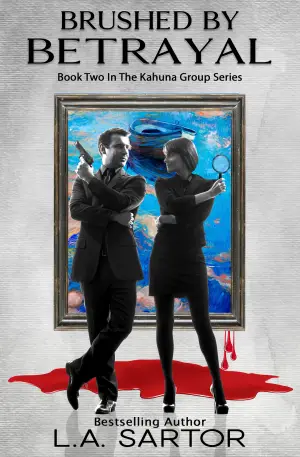
01 May Book Review of Save the Cat: The Last Book on Screenwriting You'll Eve…
A Personal Reflection on "Save the Cat: The Last Book on Screenwriting You’ll Ever Need"
When I first picked up Blake Snyder’s Save the Cat: The Last Book on Screenwriting You’ll Ever Need, I was curious, albeit hesitant. As an aspiring screenwriter, I hoped to discover effective methods for crafting screenplays that would capture both the hearts of my audience and the attention of a Hollywood producer. However, I quickly found myself in a complex relationship with the text—part admiration, part irritation.
Snyder’s fluid writing style presents a structured approach to screenwriting that I initially found engaging. He maps out the now-famous "beat sheet," helping readers break down a story into digestible parts. Yet, as I flipped through the pages, I couldn’t shake the feeling that his formula was both prescriptive and limiting. The author is notoriously adamant about following his "One True Structure," and while this can serve as a foundational tool, I started questioning if this would really serve well for innovative storytelling.
The book’s central theme revolves around the idea that a successful screenplay must adhere to certain structural guidelines—the “immutable laws of screenplay physics” as Snyder puts it. But why should creativity be confined within a cage of checklists? While some of Snyder’s insights can be useful, like the importance of having a sympathetic hero, all I could think about was how such rigidity stifles the very essence of storytelling—the element of surprise, the room for nuance, the messy truths that make narratives compelling.
One quote that particularly struck me was Snyder’s proclamation that movies deviating from his structure are doomed to fail: “Too much pipe.” It’s an assertion that left me frustrated. As someone who cherishes films like Memento or Eternal Sunshine of the Spotless Mind, where the narrative defies conventional structure, I couldn’t help but feel that Snyder’s perspective was overly narrow. When he criticized Memento for its lack of adherence to his principles—leaning heavily on the box office numbers to back his claims—I found myself struggling to reconcile my respect for Snyder’s experience with my love for films that challenge conventional storytelling.
Interestingly, despite my issues with Snyder’s preachiness and dubious backing for his arguments, I still walked away with a critical lesson: solid structure doesn’t guarantee depth. While I appreciated his attempts to guide novice screenwriters toward success, I couldn’t escape the feeling that countless lackluster screenplays bear his signature methodology.
So, who is this book for? If you’re looking to enter the industry with a traditional toolkit and perhaps play it safe with the script you pitch, Save the Cat might be a fit. However, if you lean toward the creative side of storytelling, fueled by character development and innovative plots, this book may leave you feeling boxed in.
In the end, while I didn’t find the holy grail of screenplay writing in these pages, I did emerge with a clearer understanding of my own aspirations. Snyder’s practical advice may not serve as my guiding star, but it will surely help me to navigate the turbulent waters of Hollywood. And perhaps that is the true value of this book—a stepping stone rather than a destination.
Discover more about Save the Cat: The Last Book on Screenwriting You'll Eve… on GoodReads >>









